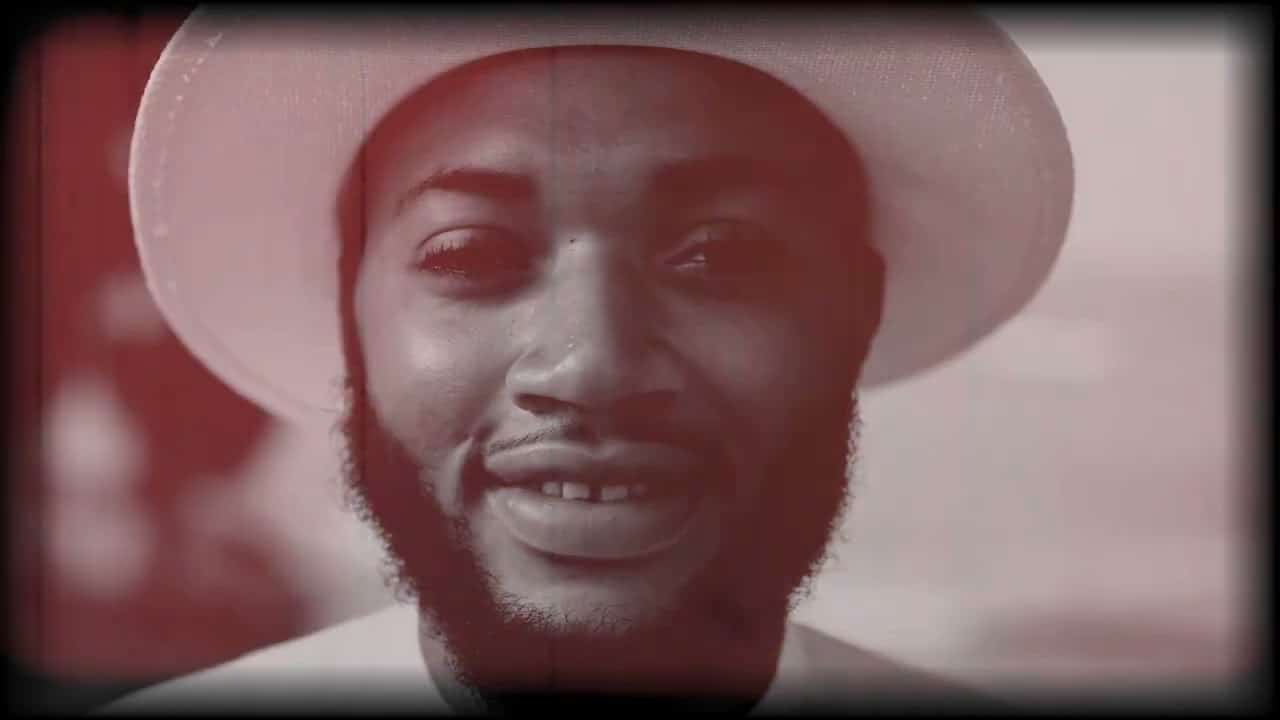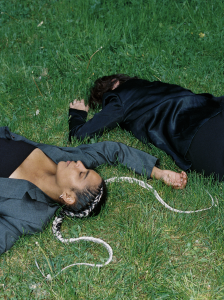At the height of the Black Lives Matter movement, in Spring 2020, Tomás Doncker led The True Groove All-Stars through a moving cover of The Specials anti-racism anthem, ‘Doesn’t Make It Alright’, morphing it into a modern R&B power ballad. Two years removed from that socio-politically supercharged moment, Doncker tackles the iconic song again for his new album Born To Be, reinventing the narrative with soulful echoes of the classic Stax Records sound. “This has been on my ‘Songs To Sing Before I Die’ list since I was in high school,” he comments. “I was naive back then in thinking racism didn’t exist in music, I thought music was this safe space where the playing field was level. But this song caused a tectonic shift in my thinking, it made me realize racism is racism. Period. For whatever it’s worth, as obviously important as it is for me as an artist to stand up and use my work as a sword and shield against this kind of thing, I don’t want to be consumed by it. I still want to sing great songs and this is a great song; it’s beautifully constructed, and lends itself really well to the way I think musically.”
The notion of doing another version of a song you’ve already covered might seem odd or unnecessary, but in the context of Born To Be, which features multiple versions of certain songs, it makes perfect sense. “As Born To Be was coming together, it became apparent to me this was going to be a very cohesive album with a unified series of underlying messages rather than just a collection of songs. Its a very personal protest album, so it made sense this song should be included. I was already committed to having multiple versions of other songs on it, so the notion of revisiting ‘Doesn’t Make It Alright,’ with a new musical frame of reference was an easy (and logical) decision.”
Doncker dispenses with the song’s original slow-burn ska groove and adds new dimensions of soul to create an emotional powerhouse. “I thought, ‘What if this was an Otis Redding song? How would he have approached it in 1965?’ That’s really what I was thinking, as far as the arrangement and the Memphis horns; we thought that groove template would be perfect.”
The overall vibe roots it firmly in modern soul, and keying in on the American civil rights movement of the ’60s, the injustices of the late ’70s and early ’80s the original version references, and bringing it home almost 40 years later with the same core problem still existing, is a brilliant showcase of the song’s timeless nature.






